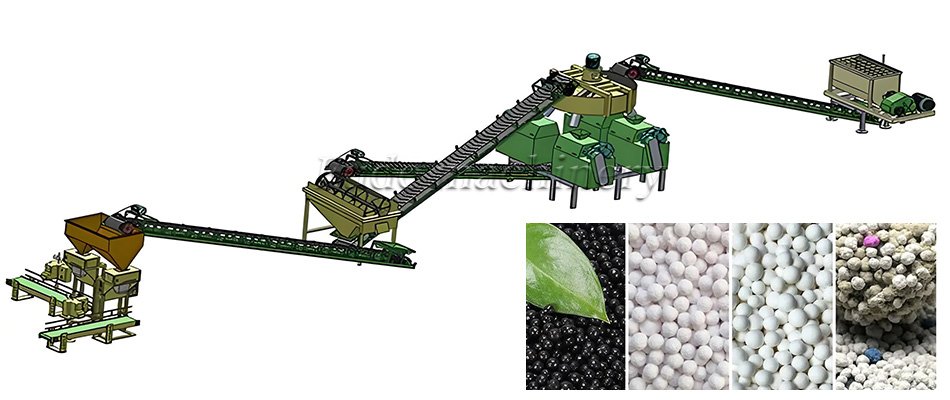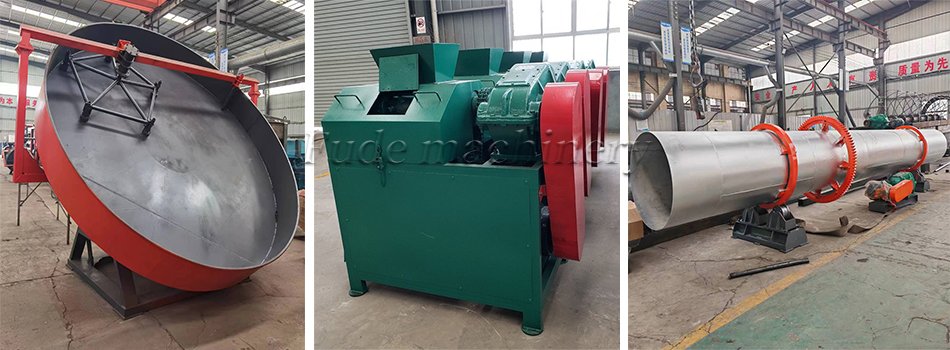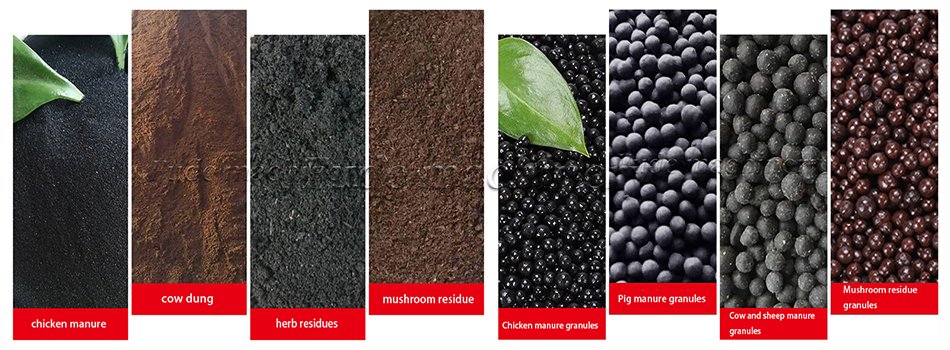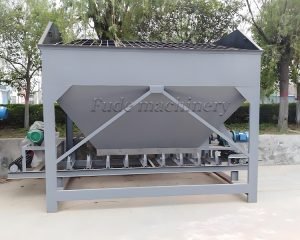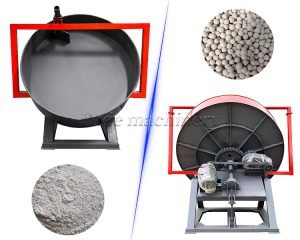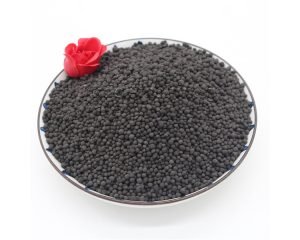As the global community increasingly embraces sustainable practices, organic fertilizer granulators are emerging as pivotal tools in modern agriculture. These machines convert organic waste into nutrient-rich granules, providing a sustainable alternative to chemical fertilizers.
This article will delve into the significance of organic fertilizer granulators and discuss the different types of organic fertilizer granulators.
What is an Organic Fertilizer Granulator?
An organic fertilizer granulator is a machine that transforms organic waste materials, such as animal manure, crop residues, and compost, into uniform, easy-to-apply granules. These granules ensure efficient nutrient delivery to crops, improving both yield and soil health while reducing the environmental footprint of farming practices.
Benefits of Organic Fertilizer Granulators
In general, there are 4 benefits of making organic fertilizer into granules.
- Environmental Sustainability: Unlike chemical fertilizers, organic fertilizers are derived from natural sources, minimizing soil degradation, water pollution, and greenhouse gas emissions.
- Soil Health: Organic fertilizers enhance soil structure, boost microbial activity, and improve water retention and aeration, ensuring long-term soil fertility.
- Cost-Effectiveness: While the initial investment in a granulator might be significant, farmers can produce their own fertilizers, reducing reliance on expensive chemical options.
- Nutrient Efficiency: The granules release nutrients like nitrogen, phosphorus and potassium slowly, providing a steady supply to crops over time and minimizing nutrient leaching.
Types of Organic Fertilizer Granulators
Several types of organic fertilizer granulators cater to different needs and scales of farming operations. The primary types include:
A disc granulator consists of a large rotating disc that combines raw materials with a binding agent to form granules. As the disc rotates, the materials gradually form into uniform granules. This type is widely used in small scale ogranic fertilizer manufacturing due to its simple structure, ease of operation, and cost-effectiveness.
The rotary drum granulator uses a rotating cylindrical drum to mix and granulate the materials. The drum’s rotation causes the materials to tumble, adhering to each other and forming granules. This type is suitable for large-scale organic fertilizer pellet production and can handle a wide range of raw materials.
Also known as wet granulation equipment, this granulator utilizes high-speed rotary mechanical agitation force and the resulting aerodynamic force to continuously mix and granulate raw materials. It is ideal for materials with higher moisture content and produces highly uniform granules.
The working principle of organic fertilizer granulator
Organic fertilizer granulator is a key equipment to process fermented organic fertilizer raw materials (such as livestock and poultry manure, crop straw, kitchen waste, etc.) into granular products. Its working principle is mainly through mechanical force (such as extrusion, rotation, mixing, etc.) to compress and agglomerate raw materials into particles.
In the working process, the raw materials are firstly transported to the inlet of the pelletizer, and after entering the pelletizing chamber, the raw materials are fricted, extruded and bonded with each other under the action of specific parts (e.g. pelletizing disk, extrusion roller, etc.) to form granules gradually.
At the same time, according to different models, may also be added with the appropriate amount of water or binder, in order to enhance the pellet molding effect and strength. After granulation is completed, the particles are discharged from the discharge port, and then after subsequent drying, sieving and other processes, the final organic fertilizer granular products in line with the standard.
This granular organic fertilizer has the advantages of easy storage, transportation and application, uniform nutrient release, etc., which can effectively improve the utilization rate of fertilizer.
Advantages of organic fertilizer granulator
Organic fertilizer granulator has outstanding advantages. It makes the loose raw materials into particles, which is convenient for storage and transportation, reduces caking and spilling, and lowers the logistics cost and loss;
Makes the release of nutrients uniform and slow, which is conducive to the precise application of fertilizers and improves the utilization rate of fertilizers;
Improves the appearance and quality of products, and increases the market selling price and income; and reduces the emission of odors, and promotes the resourcing of agricultural wastes, and contributes to the ecological recycling of agriculture.
Organic fertilizer granulators are indispensable tools in the quest for sustainable agriculture. By efficiently converting organic waste into valuable fertilizer, these machines support environmental conservation, improve soil health, and offer economic benefits to farmers.
Understanding the different types of granulators allows farmers to choose the most suitable equipment for their specific needs, paving the way for a greener and more resilient agricultural future. Investing in organic fertilizer granulators is not just a step forward for farming but a leap towards a sustainable planet. If you are instested in the project, Contact us at Fude Machinery!
 Organic fertilizer equipment,organic fertilizer production line,organic fertilizer equipment factory
Organic fertilizer equipment,organic fertilizer production line,organic fertilizer equipment factory
